Jun 14, 2016
Tips to Save Money in Japan
Tips to Save Money in Japan
(or what I’ve learned from my kechi Japanese boyfriend, edit: husband)
It is possible to save money in Japan.
Here are some tips on spending less without depriving yourself:
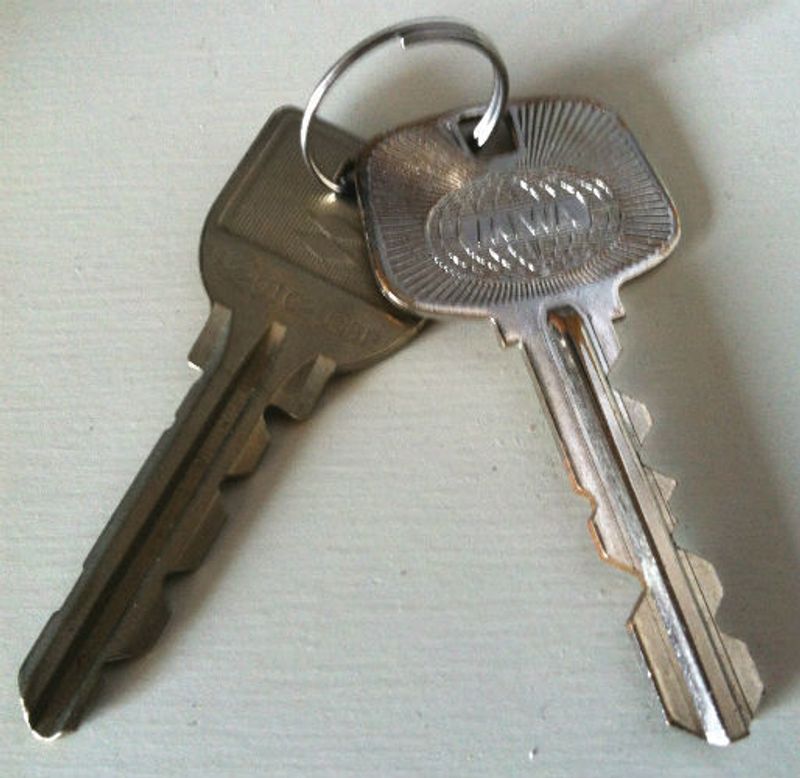
Housing:
Live close to work, but not so close to a station.
Apartments next to stations are generally more expensive, so if you don’t use the train every day, find a place at least a 15 minute walk from a station. If you drive, have access to a bus, or ride a bike to work anyway, this is a no-brainer to save every month. Living close to work means less transportation costs and more free time. Duh.
In some rare cases the cheaper cost of living outside of the city is worth the extra time, cost, and stress of commuting (but it probably isn’t).
A newer apartment is better than an apartment close to a station or a bigger apartment. A nice area (quiet and convenient for getting to work and supermarkets/where you hang out) is important, if you know the area.
PS: This information isn’t so useful for someone moving to a new city (especially for someone who has their new job arranging housing without much of a say in it), but you can talk with your real estate agent about what you’re looking for so they recommend a good fit.
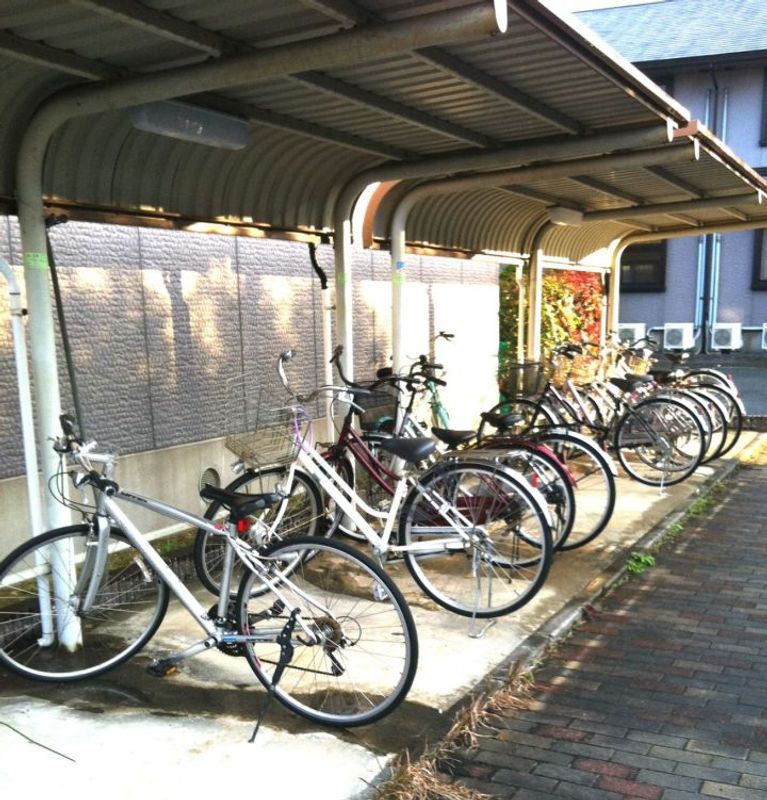
Transportation:
Owning a car/driving can be a big expense, so I recommend avoiding it when possible.
You can get a used one or a cheap new one for about 10,000円. It will save you exponentially more in bus and train fare (for the decently close places you need to get to) over time, plus, free exercise. In my area, it takes just as long to take a bus as it does to ride a (mama-chari) bike to anywhere in the main part of the city. It’s great to have an option to take a bus on the days where you can’t be bothered to ride a bike (rainy season, way too hot/cold, too lazy), but with a rain suit and a good attitude, I think it’s better to go by bike. I’ve found my mood is improved and I show up at work energetic when I ride a bike, but when I drive, I feel sleepy and stressed out.
Alternatively, walk everywhere. It takes longer, but another good alternative that many people opt for.
Food:
Plan ahead.
Beverages are my favorite. Bring a water bottle (even a pet bottle you refill) everywhere – especially during summer. This will help you avoid the call of the convenience store/vending machine overpriced drinks. If you love sports drinks, you can get powdered packets or concentrated bottles in supermarkets, then make your own at home for a lot less. A thermos can carry some hot coffee or tea made at home. If you need a refill, you can bring some instant and find a hot pot in a convenience store/at work.
In addition, if you’re going to be out during a meal time, bring a bento or some snacks. Avoid snacking altogether for best results, but never turn down free samples or generous sharing.
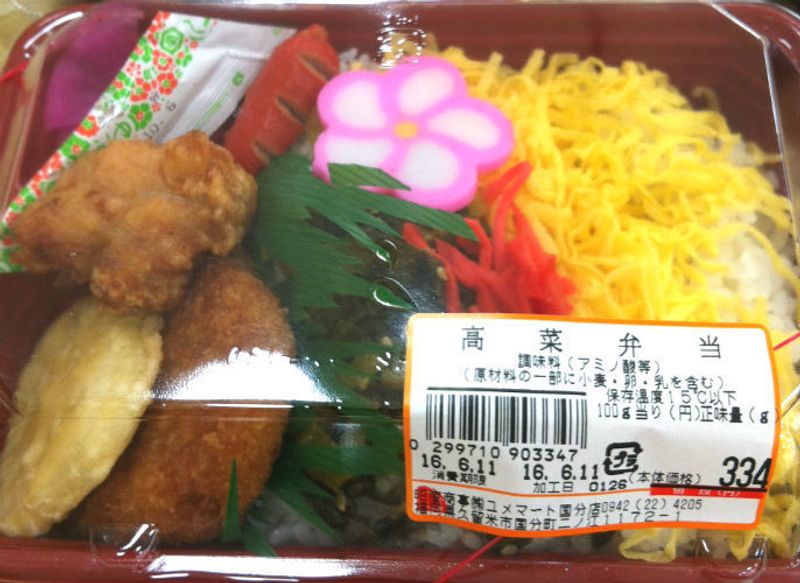
Buy your bento, onigiri, etc. at a supermarket instead of a convenience store. If there’s a supermarket close by, it’s a waste to spend more at the convenience stores. Buy your prepared meals in the evening when they’ve been discounted. Better yet, cook at home.
Cook at home – and stick with healthy veggies. Sure, there are some great discounts on meat and fish sometimes, but if your usual meals are rice and veggies, plus some eggs and tofu, it’s possible to spend very little on food. Shop around a little to find the supermarket with the best prices and sign up for their point card to get some money credited when you have enough points. A lot of the supermarkets give bonus points/5倍 (five times the points) for example on some days so you can reach the point goal a lot faster if you only shop on those days.
If you eat kyushoku, take the chance to bring leftovers home when you like something. Free food is always nice.
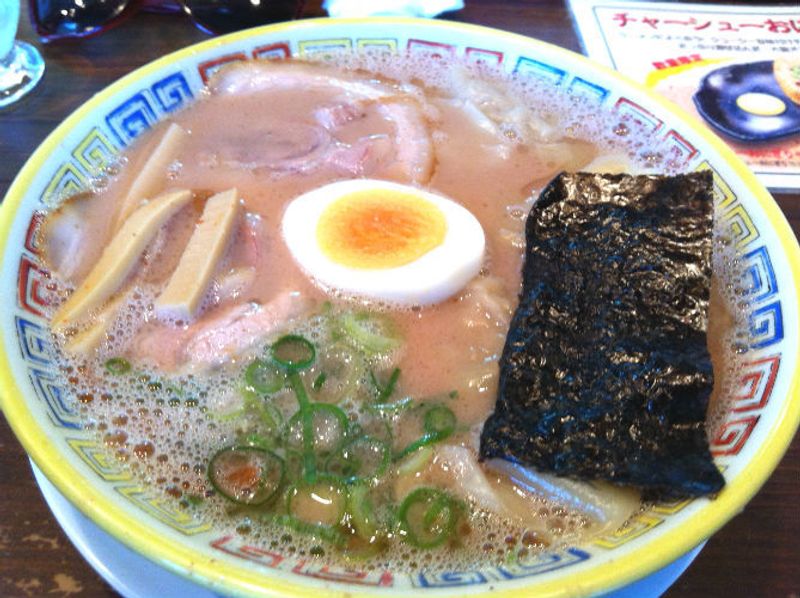
Yes to Tonkotsu Ramen.
Eating out is really fun, but can be a huge expense if it’s all the time. If you love it, put it in your budget, otherwise try to keep it to a minimum. It’s not fun for everyone to eat out alone, so unless you like it, might as well eat at home. I always have a list of places I want to try, but save it for every once in a while as a special treat.
Garden?
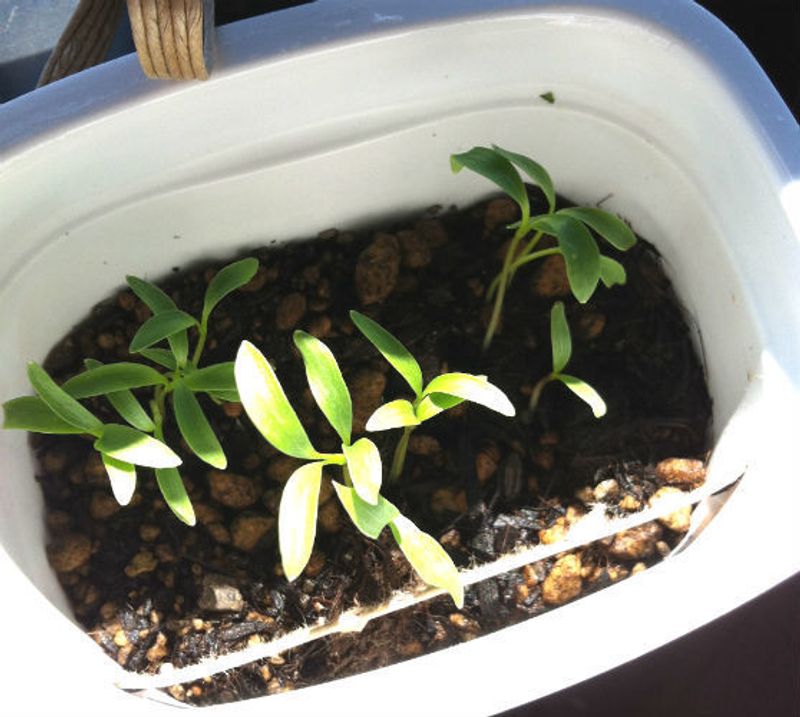
I miss Mexican food, so I'm growing cilantro.
If you enjoy it and have the time and space for it, gardening (or collecting and foraging for food out in nature) is another way to cut back on food costs, although not a ton. It will improve the quality of your food. Lots of apartment dwellers have little kitchen gardens by regrowing veggies - cutting the bottoms off their green onions, komatsuna, etc. If you have a sunny balcony, that's a great container garden space.
Entertainment:
Everything in moderation. I think the primary reason a lot of people have trouble saving in Japan is A.) They go shopping for things they don’t need, and/or B.) They drink and/or smoke.
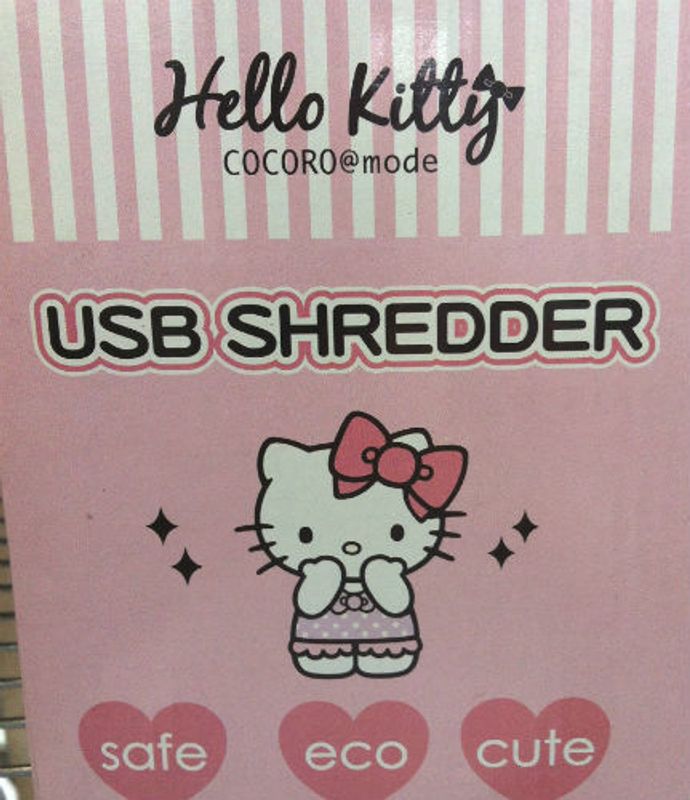
Yes, Japan has lots of cute stuff. Yes, I get suckered into buying cute things I don’t need sometimes. I do know to pay attention to quality when buying something at the 100 yen store vs. any other store, and I don’t even look when I don't need anything or have no extra budget.
Smoking is terrible for you (and me) and a waste of money. Drinking in moderation is fine, especially when you’re trying to make contacts and be social. If you budget for it and don’t drink all the time, it won’t be a burden on your savings plan (or liver). It’s best to drink at home if you aren’t doing it for social reasons (after work stress relief anyone?) and as much as I love a can chu-hi, the price of a reasonable bottle of liquor (preferably a local one) is much friendlier to the savings account over time.
Traveling is my hobby, so I set aside a budget for it. If you go out to movies, stay in hotels for fun, visit theme parks, buy clothes often, etc. then just make sure you aren’t spending money you don’t have.
It really depends on your salary, cost of living, and lifestyle, but I estimate most of you without debt should be able to save at least 50,000 yen a month if you’re working full time. (I was carefully budgeting, but my first full year working in Japan with a low salary, I traveled a lot and still saved over 1,000,000 yen.)
There’s a balance here though. If you’re living abroad, the point really isn’t to deprive yourself of any fun just to save a bunch of money. (I try to convince my boyfriend to live a little all the time.) You have to enjoy your experience here too. If you have specific goals you’re saving for, that’s great, but it’s nice to at least treat yourself to something when you reach a milestone.



2 Comments
DaveJpn
on Jun 14
A resounding 'Yes' on your bottle refilling point. It goes double in Japan with all the vending machines around. Plus, it's got to be better for the environment. One thing I always had a problem with was dropping large amounts of money on things that would save me in the long-term. A good example is some form of commuter pass for the trains. I always found it difficult to bring myself to pay for, say, a month up front and so would just keep buying individual tickets or topping up the Suica instead. Silly really, as the commuter pass is quite a bit cheaper. Still, lesson learned. This can also apply to paying pension, city tax (I think) etc. Paying the whole thing up front can save a bit of money. Another tip - skip the drinks with meal when you go out (depending on the occasion, I guess). Where I come from, asking for a glass of tap water with your meal is about as well received as, dunno, someone telling you that you smell. Here it's perfectly fine. Make the most of it, I say.
helloalissa
on Jun 15
@DaveJpn Yep, no pressure to order drinks here, although they're really fun at times, especially nomihodai/drink bar. I feel like I'm either going out to eat (and not drink) or drink (and not eat, but maybe snack). Good point about the train passes, which I didn't think of because I always ride a bike. I just got my health insurance bill and was hoping I could get a discount to pay a year up front, but I think that's just the city tax, like you said. It's another nice way to save a little, if you actually have that much saved up that you can part with, plus you don't have to remember to pay it every month.